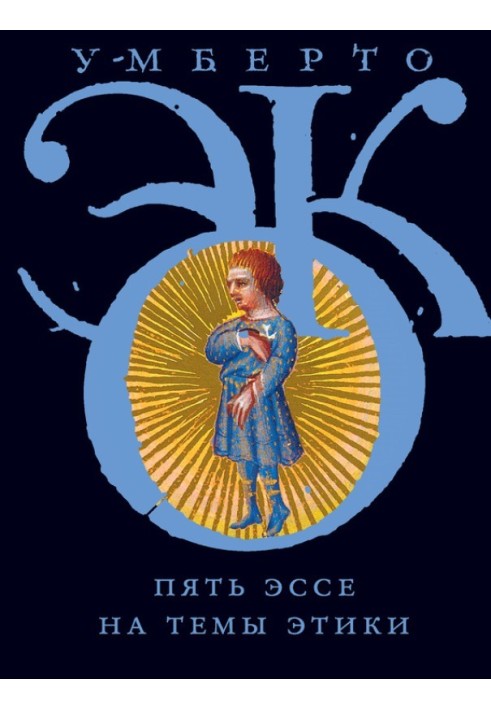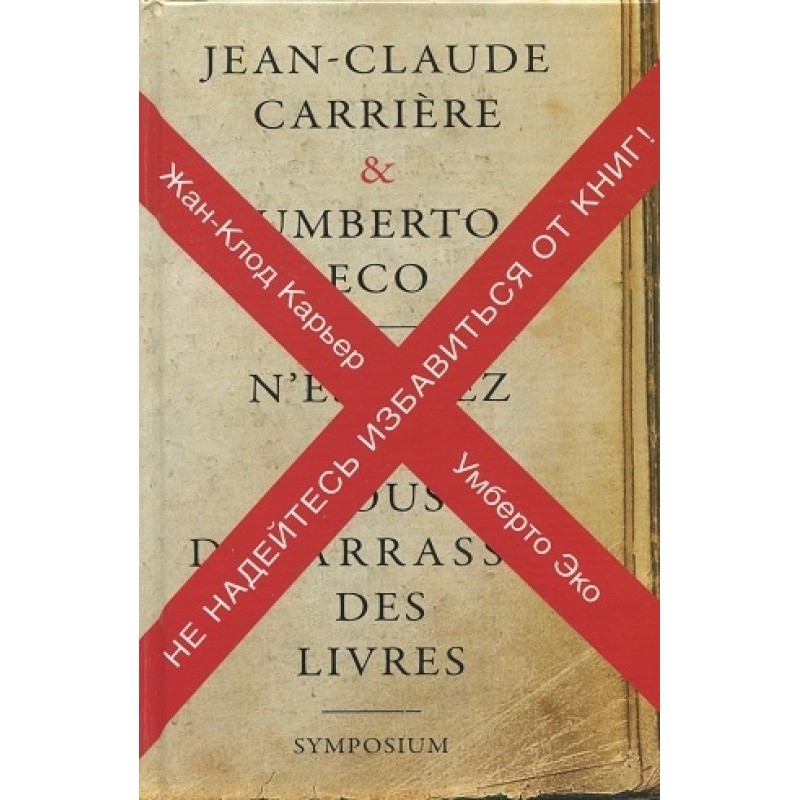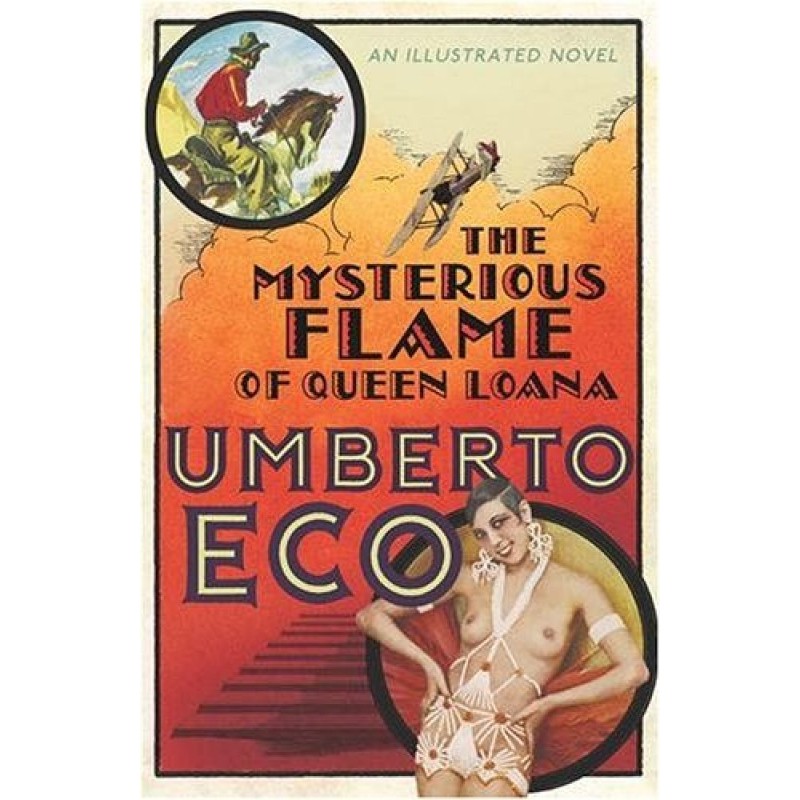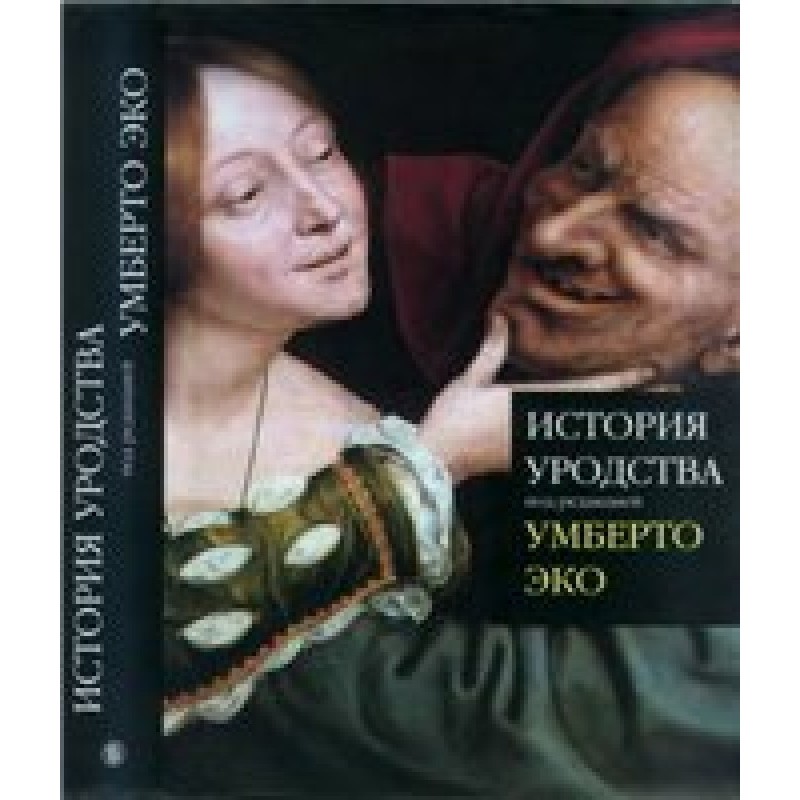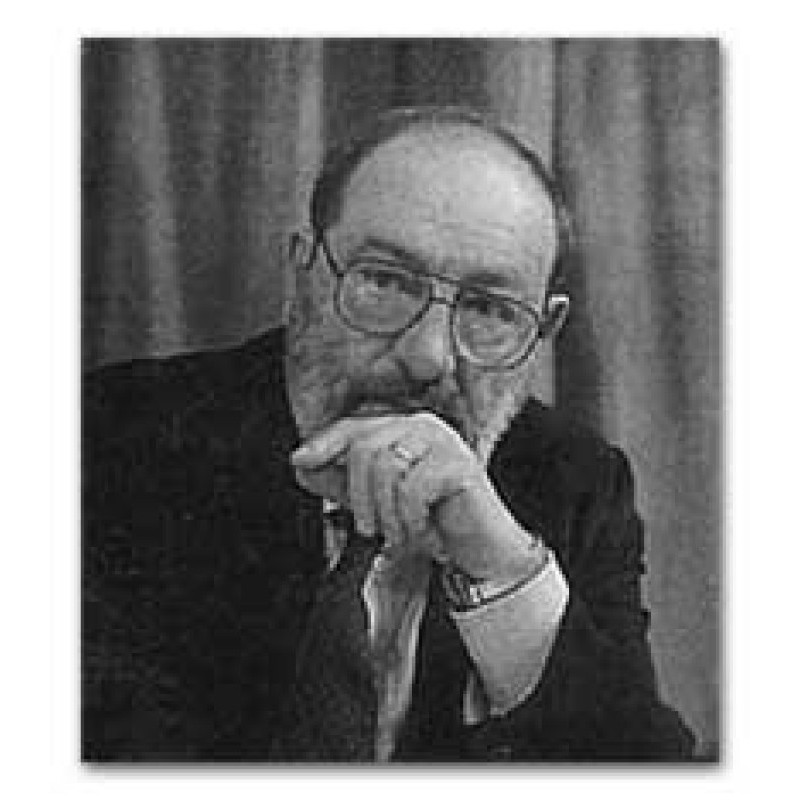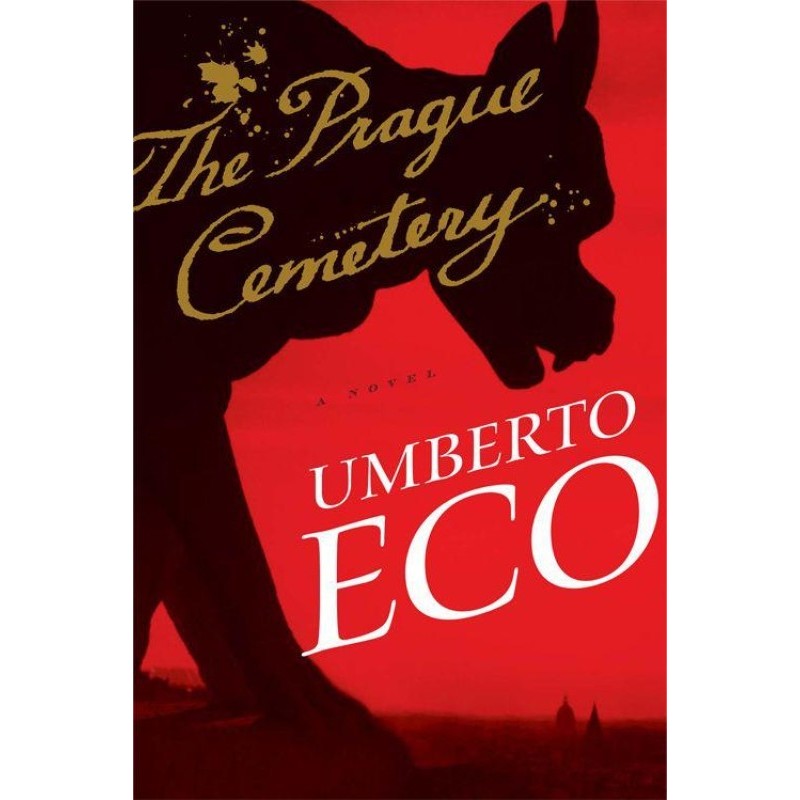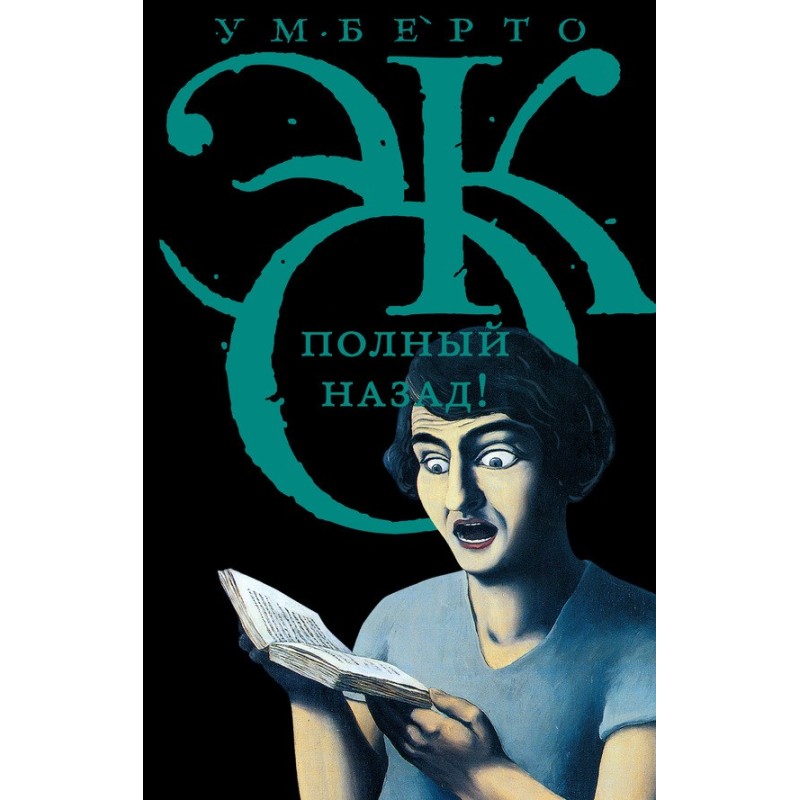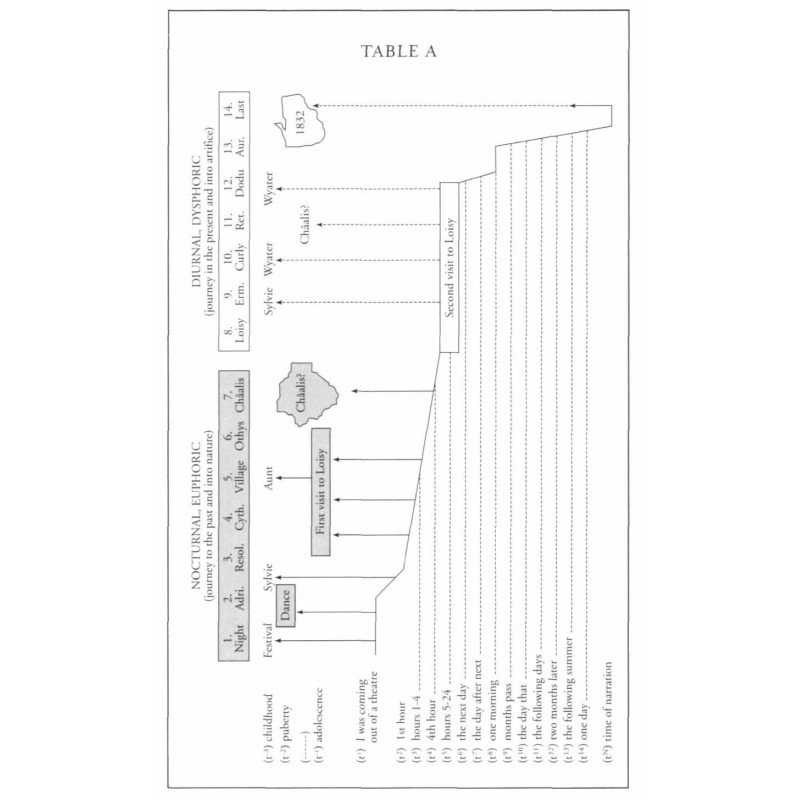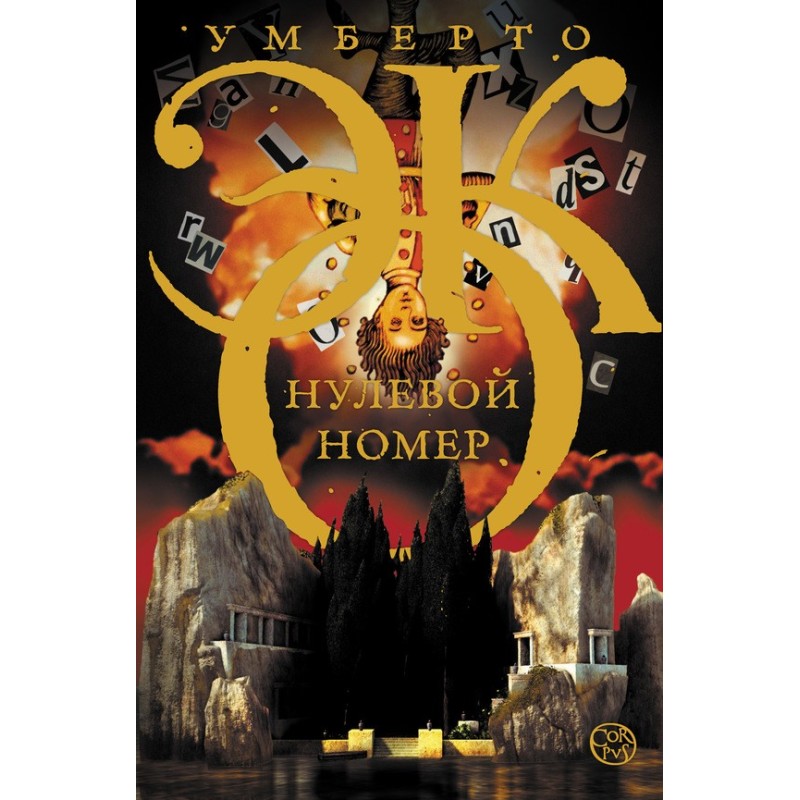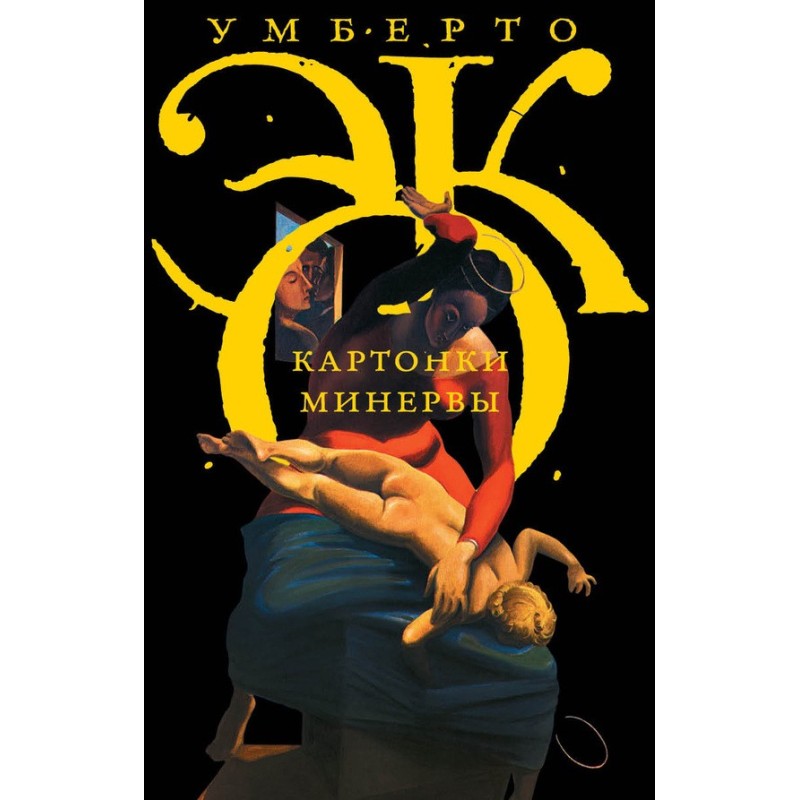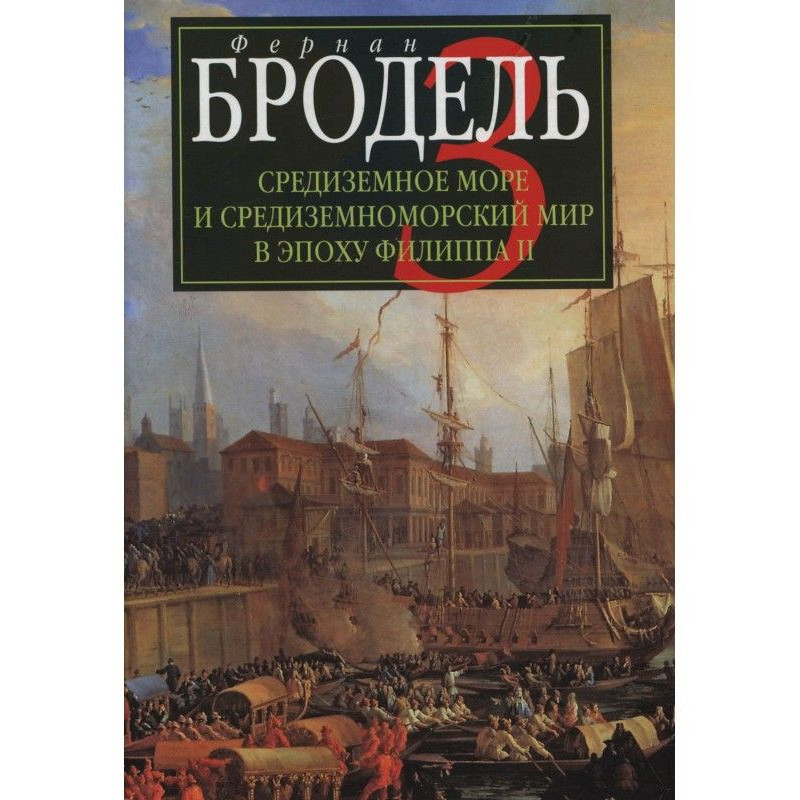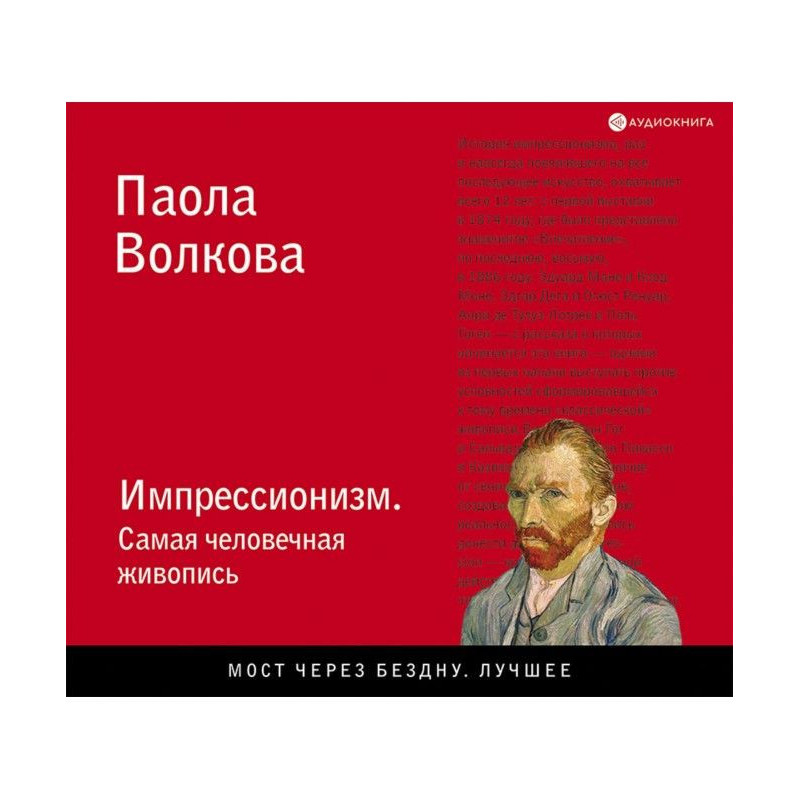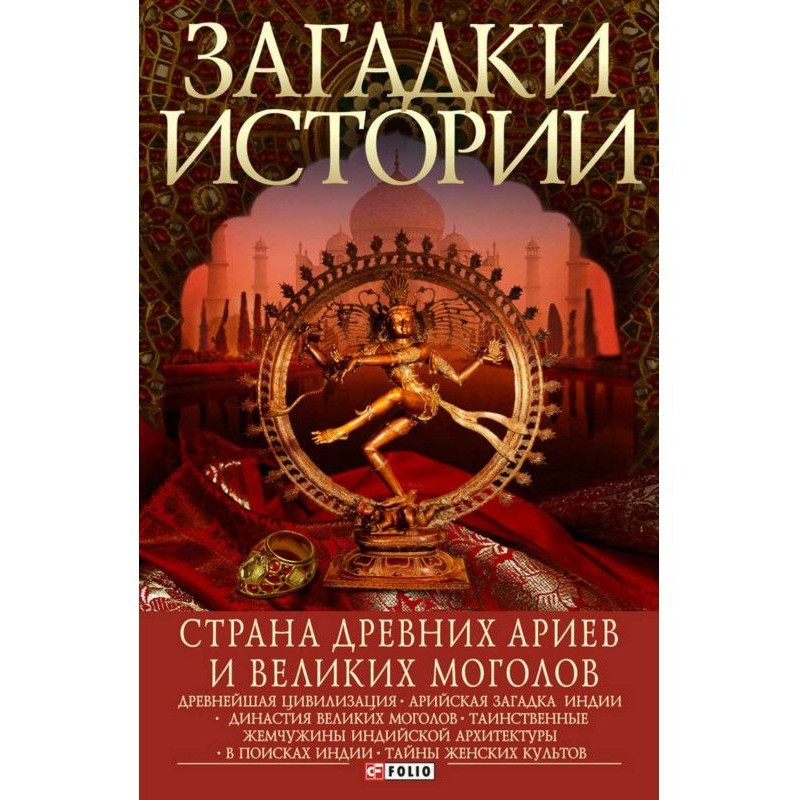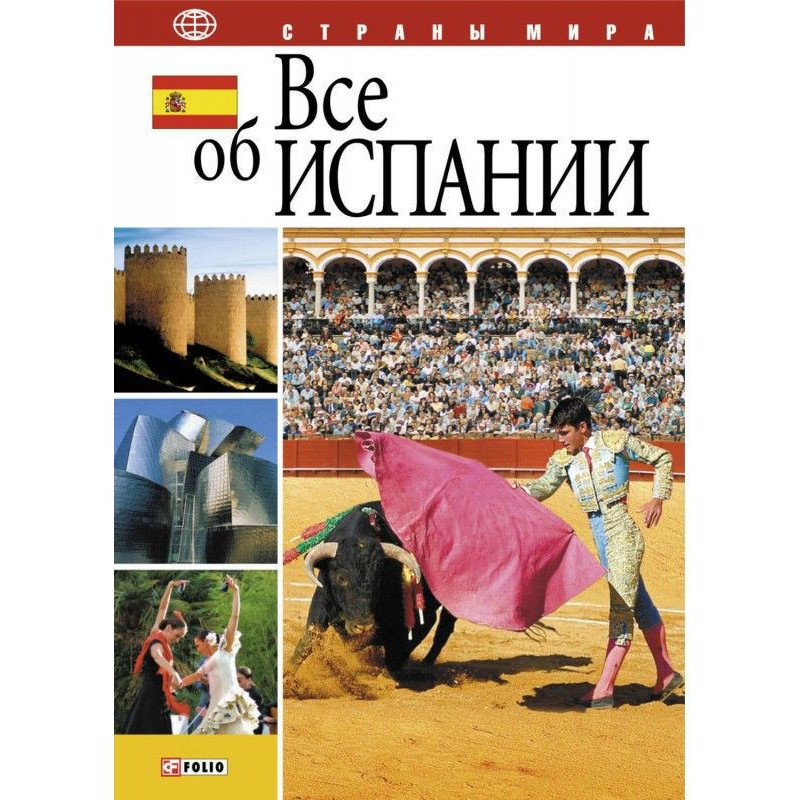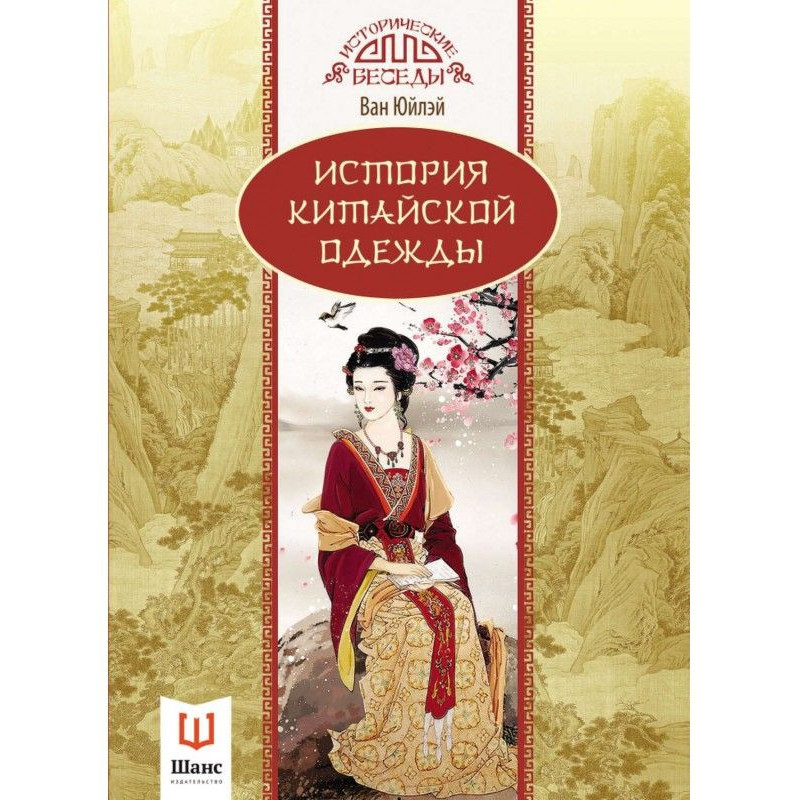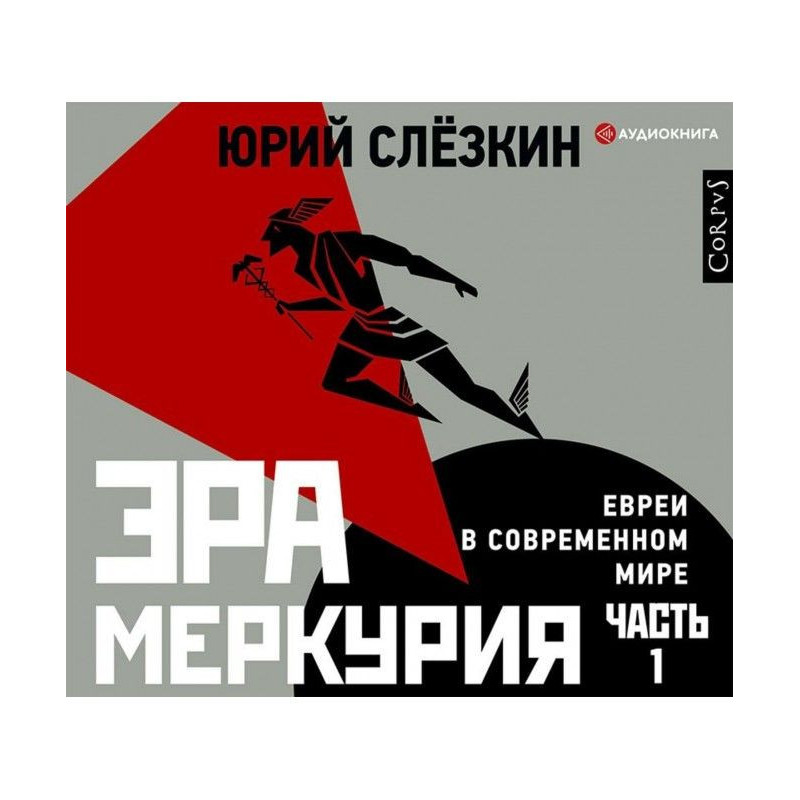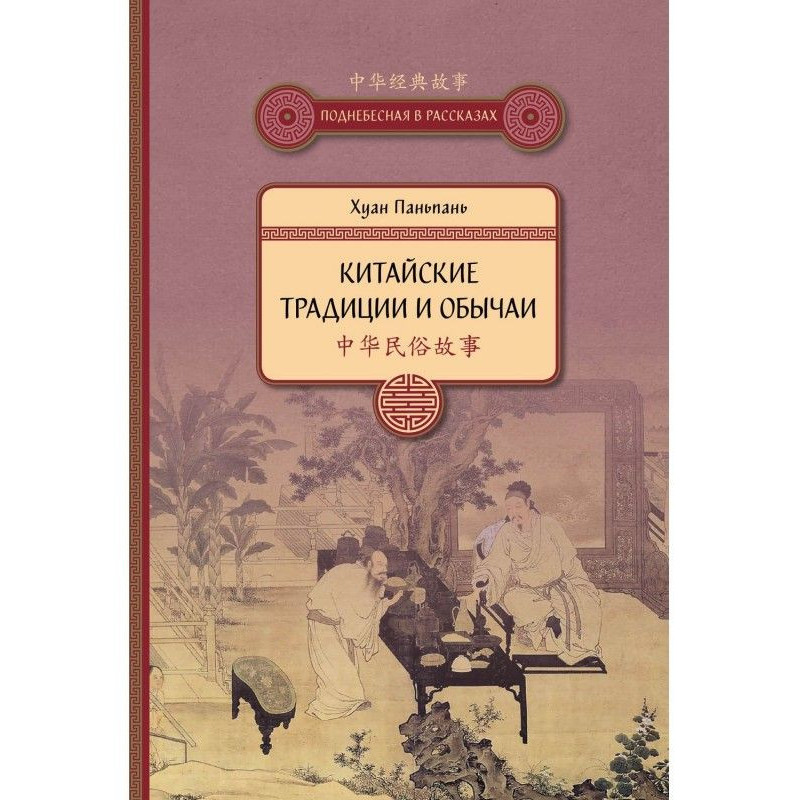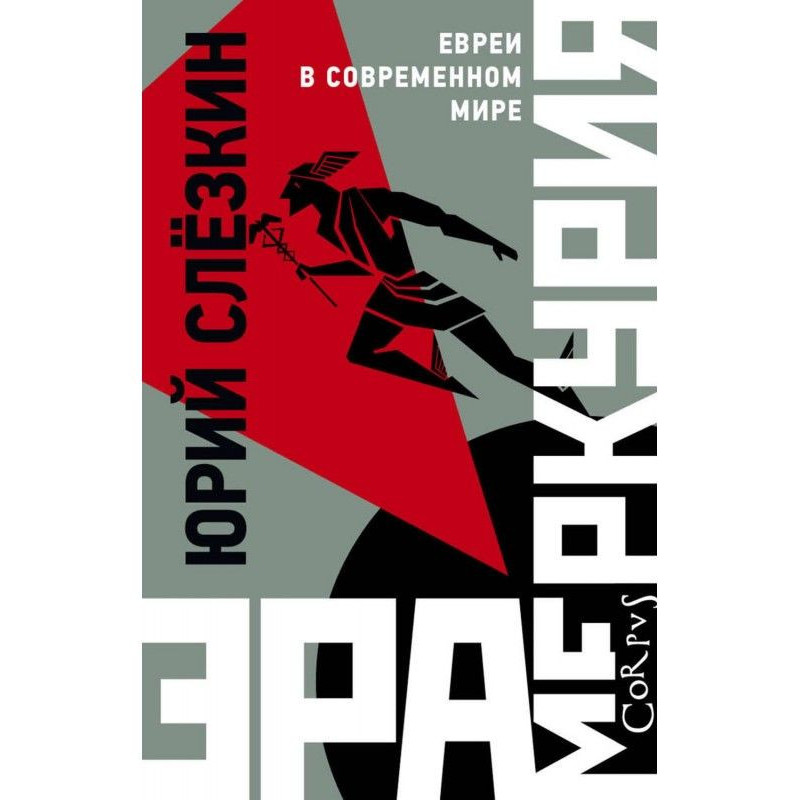Five Essays on Ethics
 Instant download
Instant download
after payment (24/7)
 Wide range of formats
Wide range of formats
(for all gadgets)
 Full book
Full book
(including for Apple and Android)
In the Russian tradition, Nazism is called “fascism.” Umberto Eco, cultural scientist, publicist and philosopher, does not dispute the terminological discrepancy. On the contrary, in the key essay of the collection, he identifies common principles for different totalitarian regimes and helps to rethink the roots of what he calls “eternal fascism” in its historical and, alas, modern manifestations. This collection of essays gives rise to reflections on hatred, on war, on religion - reflections that unite those who care about peace, those who realize that the victory of reason over regression is never final and that inner work is always mandatory for each of us. Is it morality, ethics, conscience, ethics, citizenship - the difference, again, is only in terms. The point is the same: history lessons are useful only if people are not lazy to think about them. And mental work side by side with Eco is usually not a burden; talking with him is both joy and entertainment.
Data sheet
- Name of the Author
- Умберто Эко
- Language
- Russian
- Translator
- Елена Александровна Костюкович

